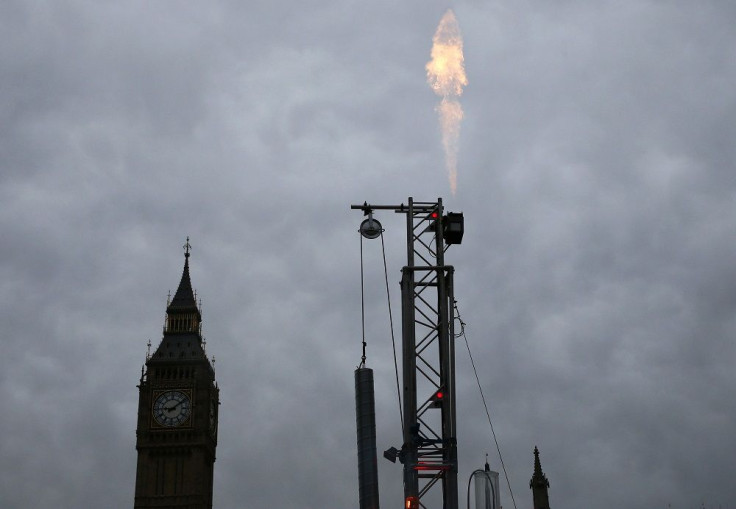Victoria to impose permanent ban on fracking in late 2016

The Australian state of Victoria would place a permanent ban on fracking in the later part of 2016. It would include all related exploration and development of onshore unconventional gas such as coal seam gas (CSG) which is abundant in Australia.
The aim of the state government, which has extended a moratorium on onshore conventional gas activity until June 30, 2020, is to protect Victoria’s farming sector, reports The Age. Premier Daniel Andres argues that Victoria farmers produce some of the world’s cleanest and freshest food which could be risked by fracking.
ABC notes that it would be the first legislation of its kind in Australia. Victoria would introduce a bill in its state parliament in the later part of 2016. “We’ve listened to the community and we’re making a decision that puts farmers and our clean, green brand first,” Andres says.
The plan is in response to the findings of a parliamentary inquiry which acknowledges the risks of fracking outweighs potential benefits. However, the inquiry did not establish a consensus if the ban would be a temporary or permanent one.
While the Australian Workers’ Union welcomes the planned fracking prohibition, it opposes extending the moratorium on conventional gas for four years because of its impact on jobs and investments. Meanwhile, the Greens are unhappy that the door for conventional gas drilling remains open after the next state election.
Queensland, New South Wales and Victoria hold large reserves of CSG, while the Northern Territory, South Australia and Western Australia hold large shale gas deposits.
VIDEO: Fracking explained: opportunity or danger
Source: Kurzgesagt – In a Nutshell





















